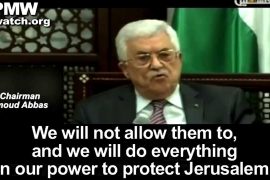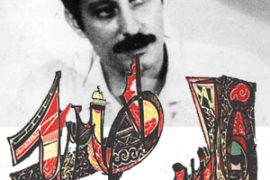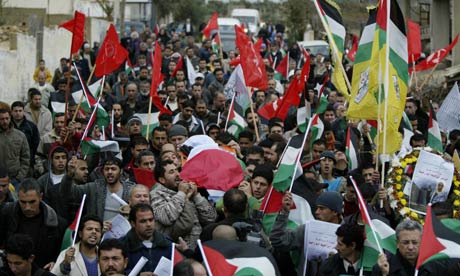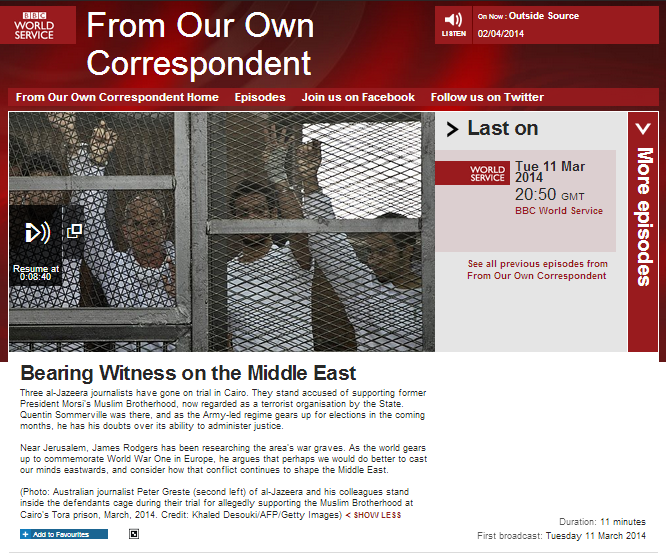1) At the INSS, Kobi Michael explains how ‘Internal Palestinian Rivalry Pushes Israel toward Temporary Military Administration in Gaza’.
“Against the backdrop of efforts by the American administration and the Palestinian Authority (PA)—with the backing of part of the Israeli defense establishment—to reinstate the PA as the governing body in the Gaza Strip, we should remember the cyclical dynamic between Hamas and Fatah—rivalry, reconciliation efforts, and renewed crisis. Given the addition of fierce disagreements over the significance of the war between Israel and Hamas, it is highly unlikely that the PA will be able to effectively implement any mandate it receives for Gaza. Similarly, the continuation of Hamas’s rule is also not an option. And since there is no regional or international system prepared to assume the responsibility of managing and rebuilding Gaza, as a result, Israel is increasingly being compelled to consider establishing a temporary military administration in the Strip.”
2) At the Alma Center, Yaakov Lappin discusses ‘Russia in Syria – a Double Role in Regional and Global Confrontations’.
“Amid the ongoing war between Hamas and Israel, alongside the limited clash between Israel and Hezbollah in the northern arena, Russia is taking a number of steps in Syria that reflect its global face-off against the United States, and its increasing dependence on Iran for its firepower (Mainly missiles and unmanned aerial vehicles).”
3) The ITIC analyses ‘Five Months of Hostilities on the Israel-Lebanon Border’.
“Hezbollah has carried out about 98% of all the attacks against Israel from Lebanon. Other organizations also participate in the fighting, apparently in coordination with Hezbollah, including Hamas, the Palestinian Islamic Jihad (PIJ), al-Jama’a al-Islamiyya and the Amal Movement. Hezbollah also coordinates the fighting with pro-Iranian militias, which operate under its direction in Lebanon and on the Syrian-Israeli border, and are mainly responsible for launching suicide drones and rockets to attack Haifa and Eilat and other targets.”
4) MEMRI reports on the build-up of Hamas military infrastructure in Lebanon.
“Hamas and the PIJ have essentially established branches of their military wings in the country, and built a military infrastructure both inside and outside the Palestinian refugee camps in Lebanon. They have thereby turned South Lebanon, or the country as a whole, into another arena for Palestinian military action, waged not only by Palestinian and Lebanese operatives, but by fighters from other countries as well. […]
The activity of the Palestinian and Lebanese armed factions in South Lebanon, an area controlled by Hizbullah, clearly takes place in coordination with this organization, and perhaps even under its guidance, in ways that serve its interests as part of the strategy of “the unity of the fronts” that it is leading along with Iran. Moreover, it appears that these factions operate as proxies of Hizbullah when the latter wishes to limit the scope of its own activity against Israel.”
5) At Newsweek, Yaakov Katz provides ‘A More Accurate Accounting of the War in Gaza’.
“In fact, many publications merely refer to the Gaza Health Ministry as if it was an independent agency without an agenda of its own. But it does.
The job of the ministry is not to help Gazans, but rather to supply numbers that suit a terrorist regime in battle for the world’s hearts and minds. Within minutes of any Israeli attack, the ministry, knowing that it will be immediately cited by media and world leaders, is ready with numbers of the injured and the dead, reaching into a hat for the figures, rather than doing the hard job of getting the facts through investigation of the scene. On the occasions when these numbers are checked, it is unsurprising that they come out on the high side—to say the least.”
6) At the Sapir Journal, Einat Wilf examines ‘The Palestine Propaganda Complex’.
“Much the same could be written about the manner in which the term “anti-colonial” was inverted to turn the movement for self-determination of the Jewish people in their homeland — a movement that had to resist and outlive at least four empires in order to achieve its goals for Jewish independence — into the epitome of Western colonialism. Or the way in which terms such as “occupation,” “apartheid,” and “genocide,” which were clearly understood in a certain way for decades, were made to fit the purpose of painting the Jewish state as uniquely evil. Or how “antisemitism” was decontextualized and used to pretend that it was an ideology against “Semites,” then to argue that Arabs are Semites, and that, by definition, they could never be antisemitic.”
7) At the Fathom Journal, Karl-Markus Gauß discusses ‘‘Reactionary Anti-Imperialism’ as the new Totalitarian Temptation, from Foucault to 7 October’.
“It may seem ridiculous, but it is a serious matter in both senses when some queer activists— apparently with suicidal disregard for what they are endorsing—express their solidarity with Hamas. One can only imagine how long a queer solidarity group would survive in the realm of Sharia [it’s worth noting that anti-Israel Palestinian LGBTQ activists have their headquarters in Tel Aviv and not in Ramallah]. But one doesn’t have to use imagination to see the enthusiasm that the annihilation of Israel, explicitly propagated by Hamas and Iran, generates among millions upon millions of sympathisers of these Palestinian ‘freedom fighters.’”
8) The ITIC reports on the ‘Appointment of New Palestinian Authority District Governors’.
On August 10, 2023, Mahmoud Abbas announced the enforced retirement of most of the Palestinian Authority (PA) and Gaza Strip district governors, with three exceptions. Only on March 3, 2024, about seven months after the announcement, did an official round of appointments of eight new district governors begin, ending on March 10, 2024, after they were sworn in at Mahmoud Abbas’ office in Ramallah. […]
All eight governors are veteran Fatah members who belong to the movement’s “middle generation,” that is, between 40 and 60 years of age who participated in the first intifada, some of whom spent time in prison in Israel.”





